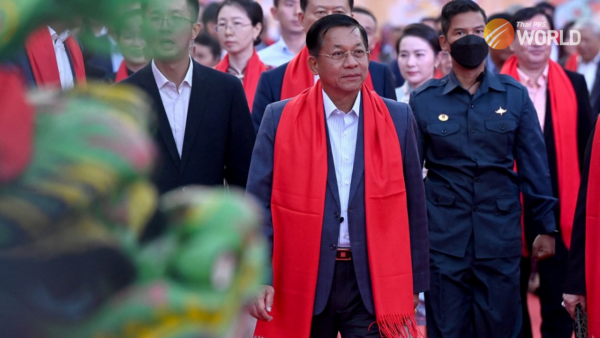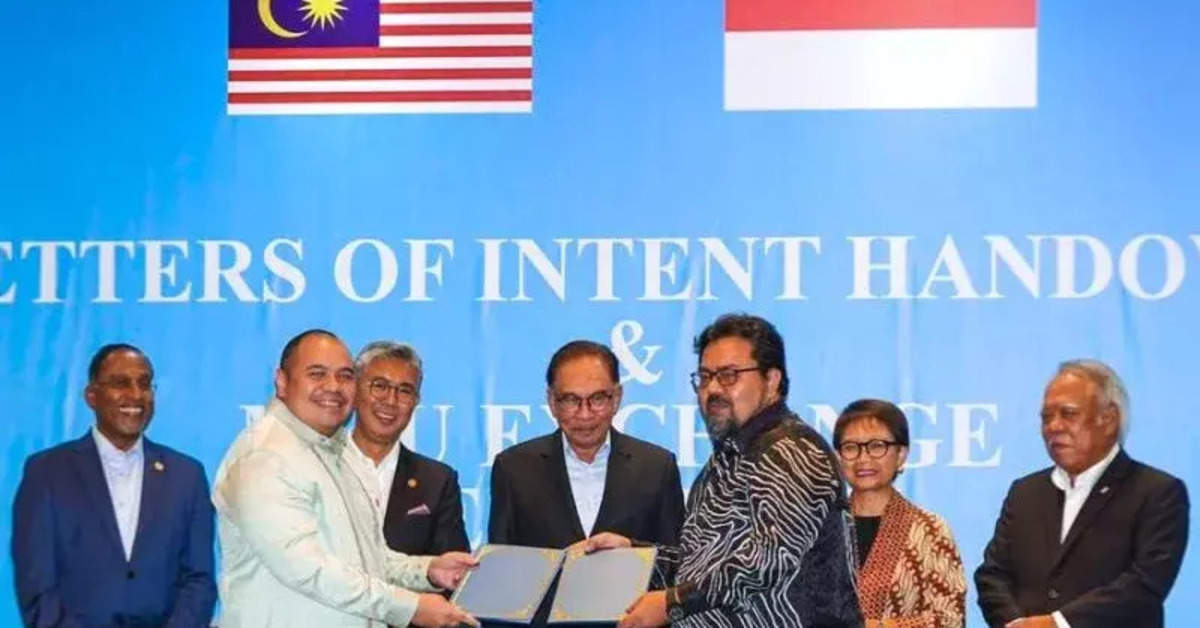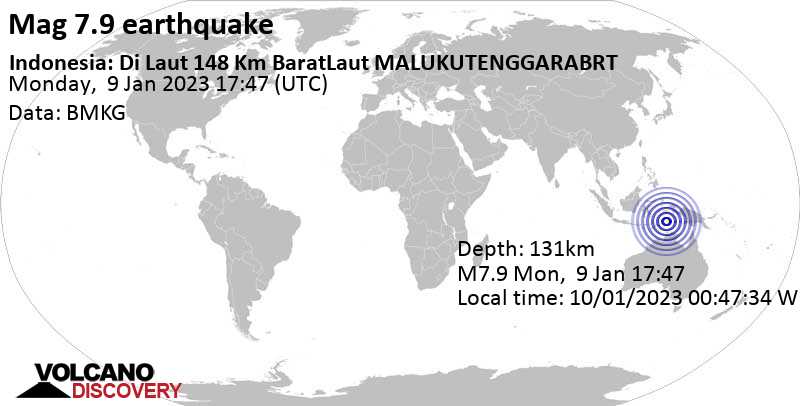Thailand’s lenient stance as well as the close ties between its armed forces and the Myanmar military — also known as Tatmadaw — would undermine the efforts of ASEAN and the international community to ease the ongoing crisis in that country, according to many independent observers.
Thousands of people have died in the neighbouring country and over a million have been displaced since a military coup on February 1, 2021.
The latest move that raised eyebrows in international circles was a meeting between the chief of Thailand’s Defense Forces, Chalermphon Srisawasdi, and Min Aung Hlaing, the top commander of the Tatmadaw, at a resort in Myanmar’s strife-torn Rakhine state from January 19-21.
Normally the meeting of the High-Level Committee — a mechanism for military cooperation between the two countries — has never drawn public attention. But this meeting happened shortly after the assets of Min Aung Hlaing’s children and cronies were confiscated in Thailand over their alleged involvement in illicit drug trade.
Thai police discovered a luxury condominium and bank passbooks belonging to Min Aung Hlaing’s son Pyae Sone and daughter Khin Thiri Thet Mon during a raid on arms dealer Tun Min Latt on January 11. Tun Min Latt, who brokered weapons deals for the Tatmadaw for years, and his Thai partners who obviously have connections with a Thai senator, were arrested in September last year.
The High-Level Committee was formed in 2013 to foster cooperation and cement relations between the two armies. The annual meeting of both military leaders did not happen in 2020 and 2021 due to the COVID-19 pandemic.
Min Aung Hlaing, who held one-on-one meetings with Chalermphon, said the committee was necessary to strive to accelerate relations and cooperation between the two countries and the two armed forces, according to the state-run Global New Light of Myanmar newspaper, which reported the meeting as its top story on January 21.
Dissidents, however, suspected that the high-level meeting was an attempt to cut a deal for clearance of the confiscated assets of the junta chief’s children, as well as to pave the way for the ongoing airstrikes by the Tatmadaw against ethnic armed groups along the border with Thailand.
The Thai military demonstrated its leniency towards the Tatmadaw by ignoring a violation of its airspace by a Myanmar MiG 29 fighter jet in June last year. The jet was involved in action, in an operation to support an attack against dissidents near Phop Phra district in Thailand’s Tak province. Coincidentally, a Thai military delegation led by the then-Third Army Region commander, Apichet Suesat, had visited Naypyidaw for the 34th meeting of the Regional Border Meeting.
The latest air strike took place on January 21 when Tatmadaw fighter jets dropped six bombs on a residence of a Democratic Karen Benevolent Army (DKBA) commander in Karen state, destroying the house and injuring two people, according to Chiang Mai-based Irrawaddy media. The DKBA had signed a Nationwide Ceasefire Agreement in 2015 and was in talks with the junta.
Despite a Myanmar military offensive on the border raising security concerns, both sides went ahead with the decision to reopen the friendship bridge across Moei River, linking Thailand’s Mae Sot district and Myanmar’s Myawaddy on January 16. The reopening of the bridge will facilitate the resumption of cross-border activities after three years of closure due to the COVID-19 pandemic.
Sabotaging ASEAN efforts
The Thai government’s stance towards the Myanmar crisis has been the most troublesome for the international community after a move in December last year sabotaged ASEAN’s efforts to resolve the crisis.
Thailand’ Deputy Prime Minister and Foreign Minister Don Pramudwinai invited the Myanmar Administrative Council’s Foreign Minister, Wunna Maung Lwin, Cambodia’s Foreign Minister Plak Sokhonn, Lao Foreign Minister Saleumxay Kommasith and Vietnamese Deputy Foreign Minister Do Hung Viet to a meeting in Bangkok on December 22 to discuss the Myanmar issue.
The Myanmar delegation also brought ministers responsible for international cooperation and humanitarian assistance, including Minister of Investment and Economic Relations Kan Zaw, and Minister for International Cooperation Ko Ko Hlaing, to the meeting to boost bilateral relations with Thailand.
While the meeting produced no substantial outcome, the Thai initiative upset the current ASEAN chair, Indonesia, whose tough stance on the military junta could have been undermined, according to a diplomat close to the matter.
“Even the newly appointed Vietnamese deputy foreign minister, who attended the meeting, was dissatisfied with conversations at the meeting,” said the diplomat, who spoke on condition of anonymity but declined to clarify the content of the conversation. Viet attended the meeting in Thailand while then-Vietnam President Nguyen Xuan Phuc was on an official visit to Jakarta from December 21-23.
Singapore’s Foreign Minister Vivian Balakrishnan, in his reply dated December 9 to Don’s invitation, seen by Thai PBS World, insisted that ASEAN leaders reaffirm the “Five-Point Consensus” and the decision to exclude Myanmar’s participation at the political level at all ASEAN summits and Foreign Ministers’ meetings. “Any meeting convened under the aegis of ASEAN, formal or informal, should not deviate from this decision,” said the letter by Balakrishnan.
The Thai government has maintained that the so-called non-ASEAN meeting was an alternative approach in accordance with the ASEAN leaders’ review and the decision on the implementation of the Five-Point Consensus adopted in the November summit in Phnom Penh. Diplomatic corps, however, interpreted the move as a justification for the Myanmar junta to continue the status quo and plan to hold an election in August this year. It could be a bloody poll, as dissidents have vowed to disrupt it.
Thailand-based activists and human rights defenders have expressed hope that the next Thai general election, tentatively scheduled for May 7, would bring an end to the current pro-military regime. They expect a new government in Bangkok to recalibrate its foreign policy towards Myanmar to stay in alignment with the ASEAN chair.
By Thai PBS World




































